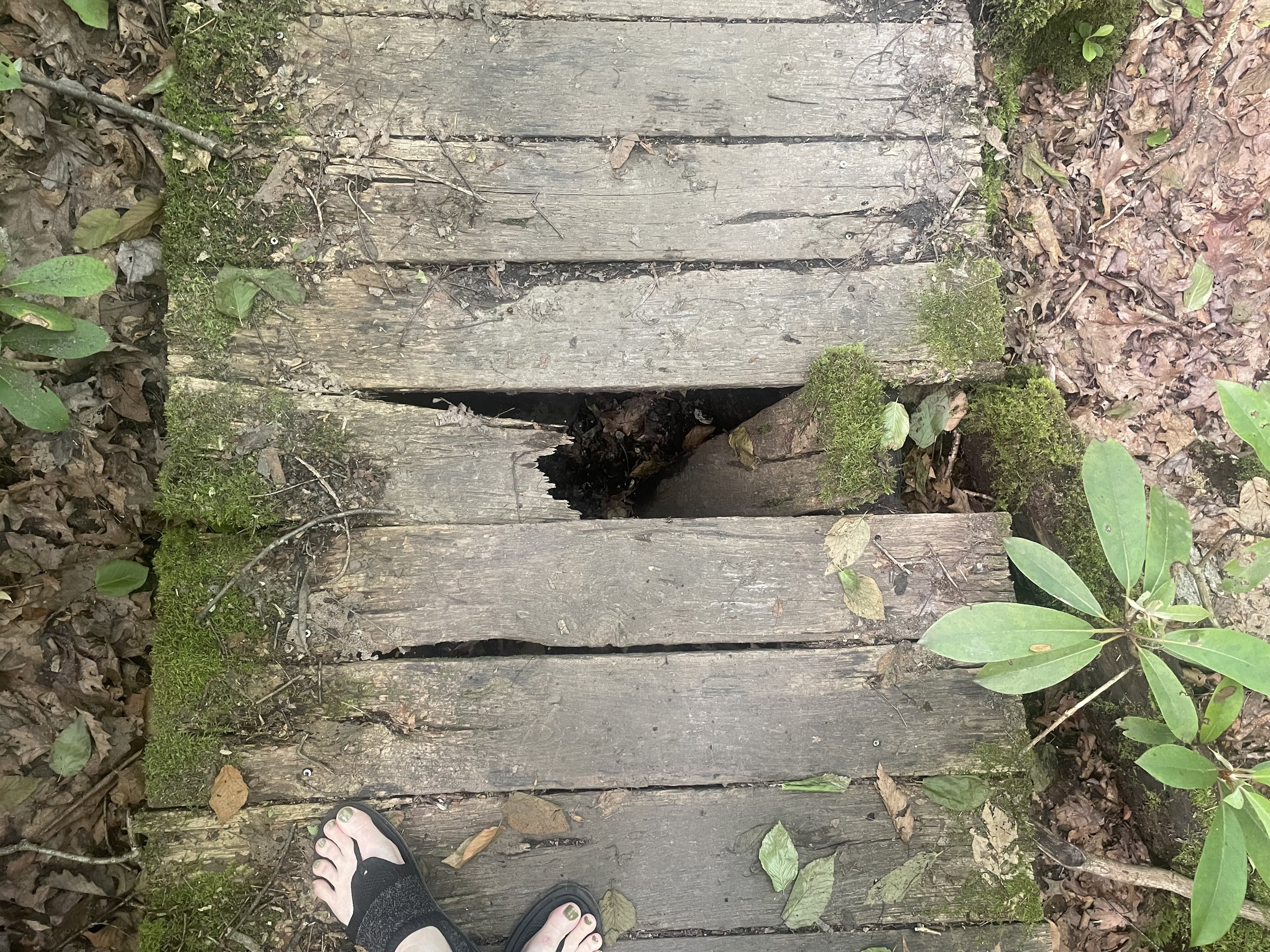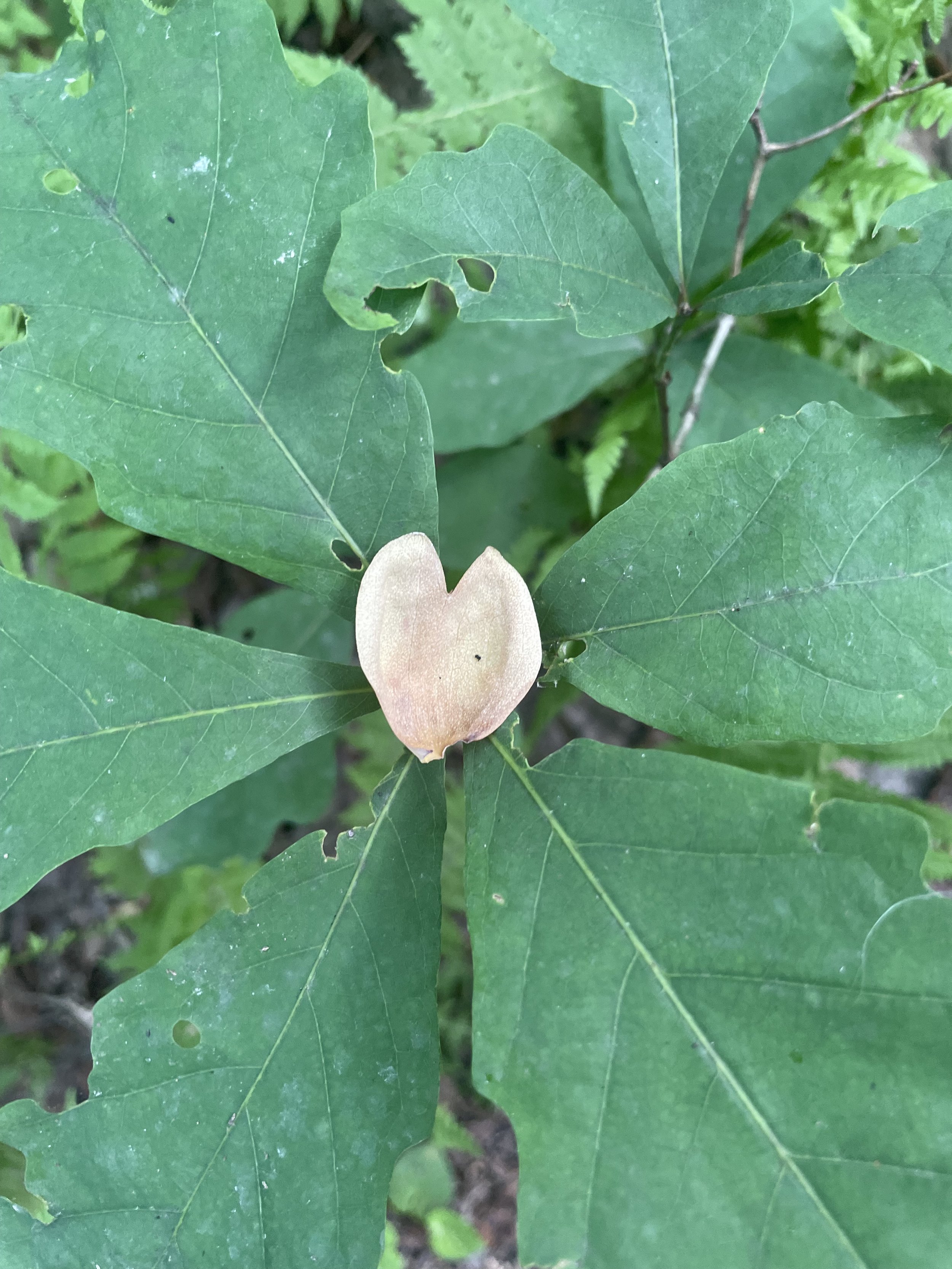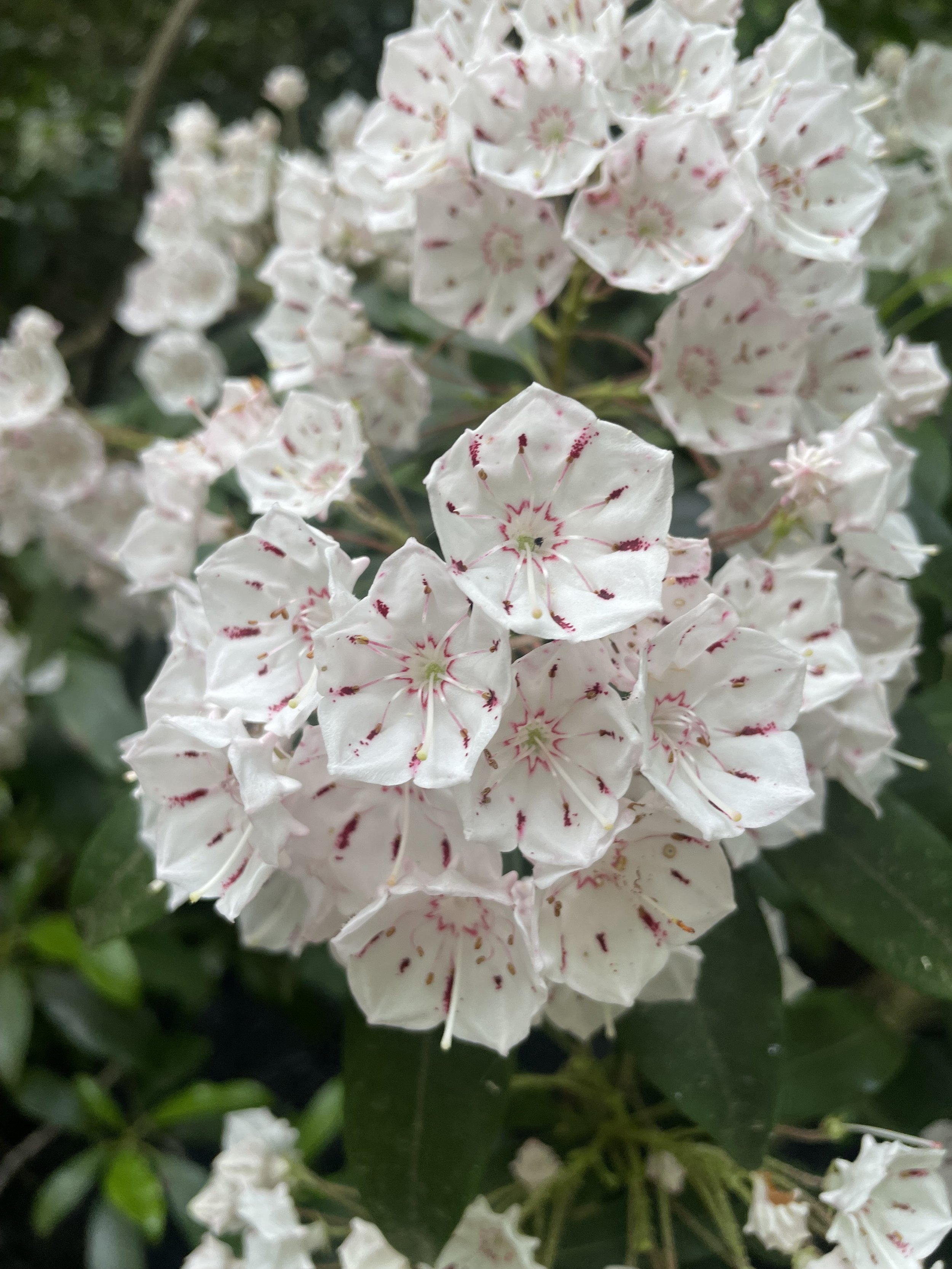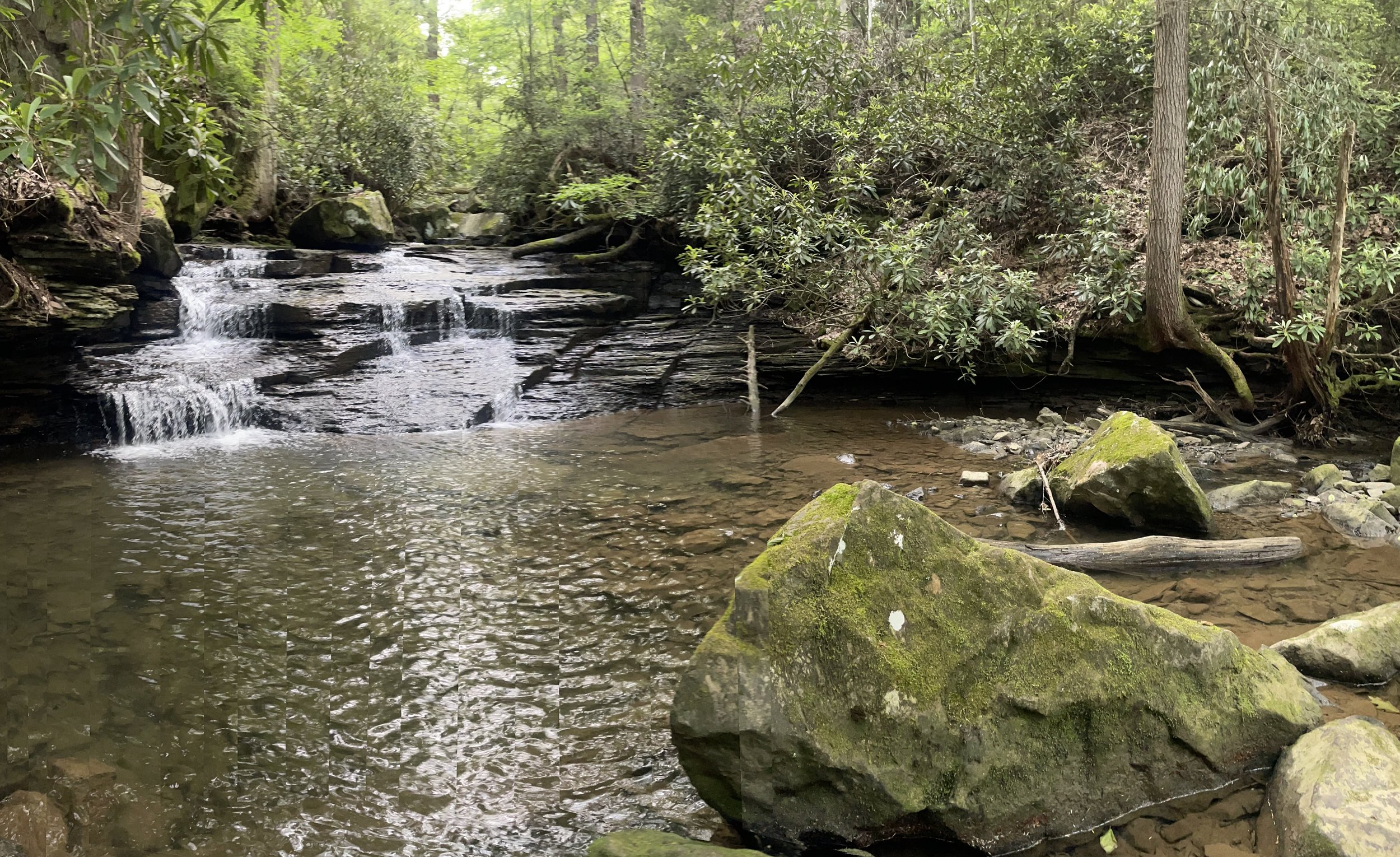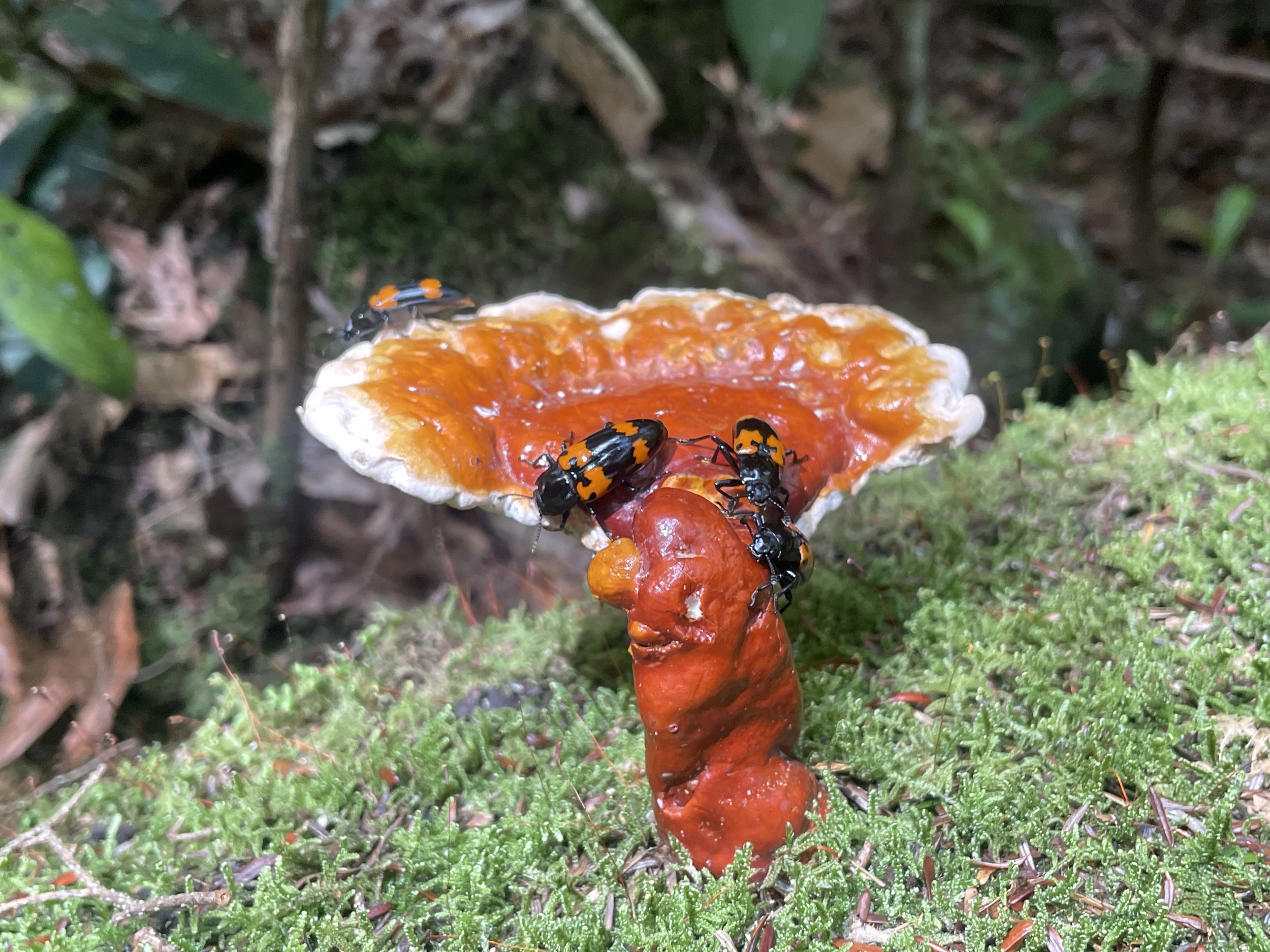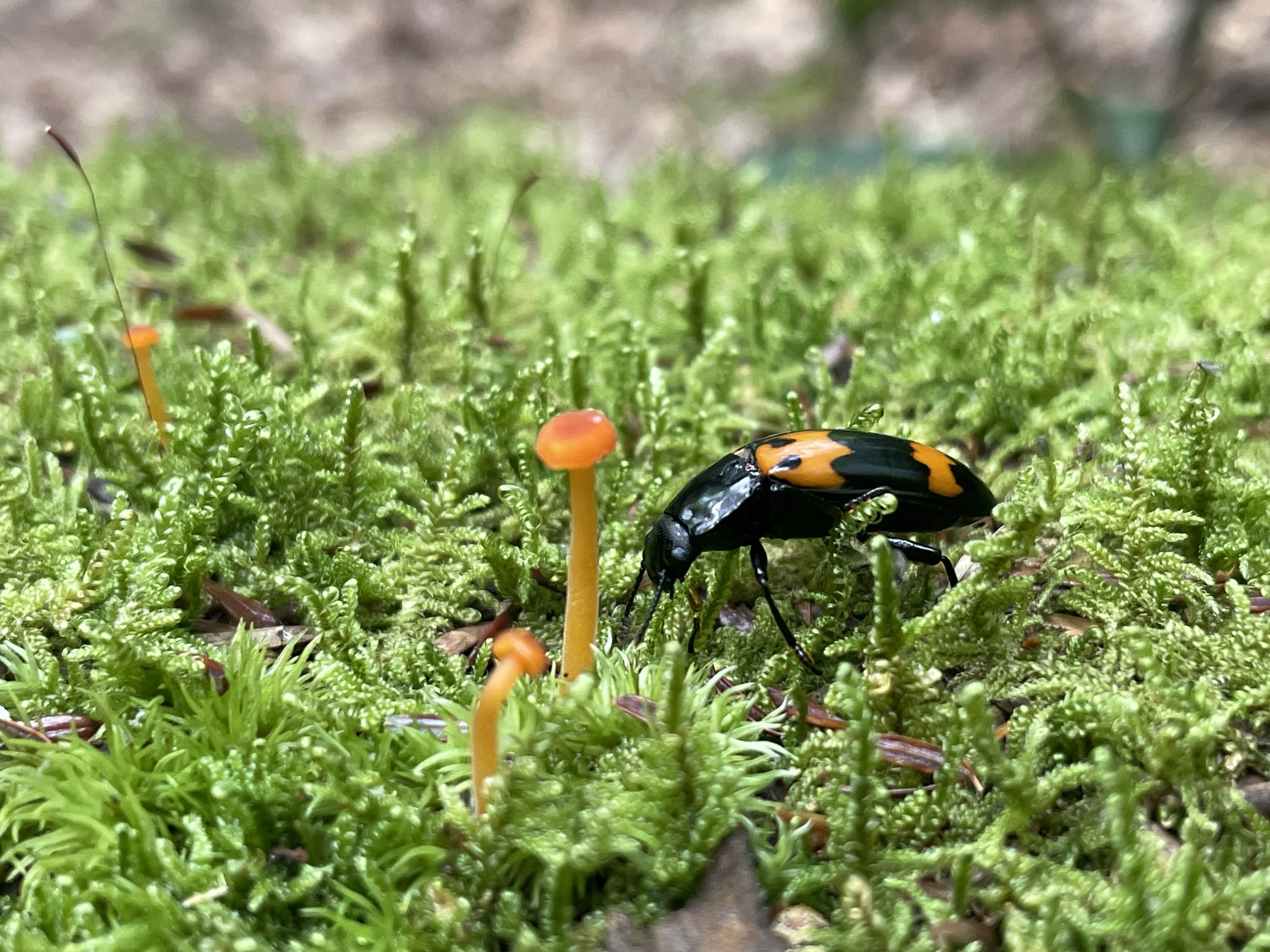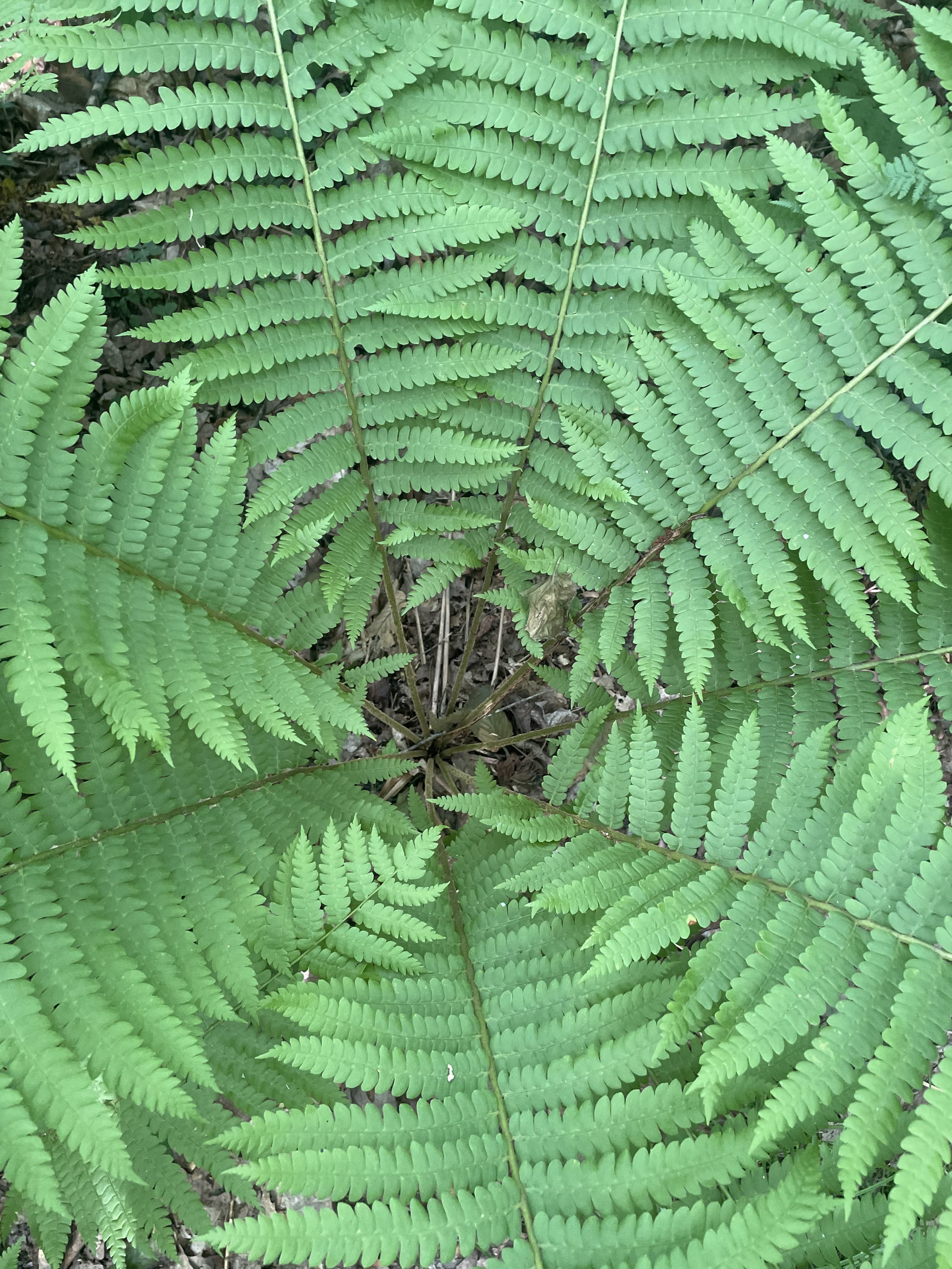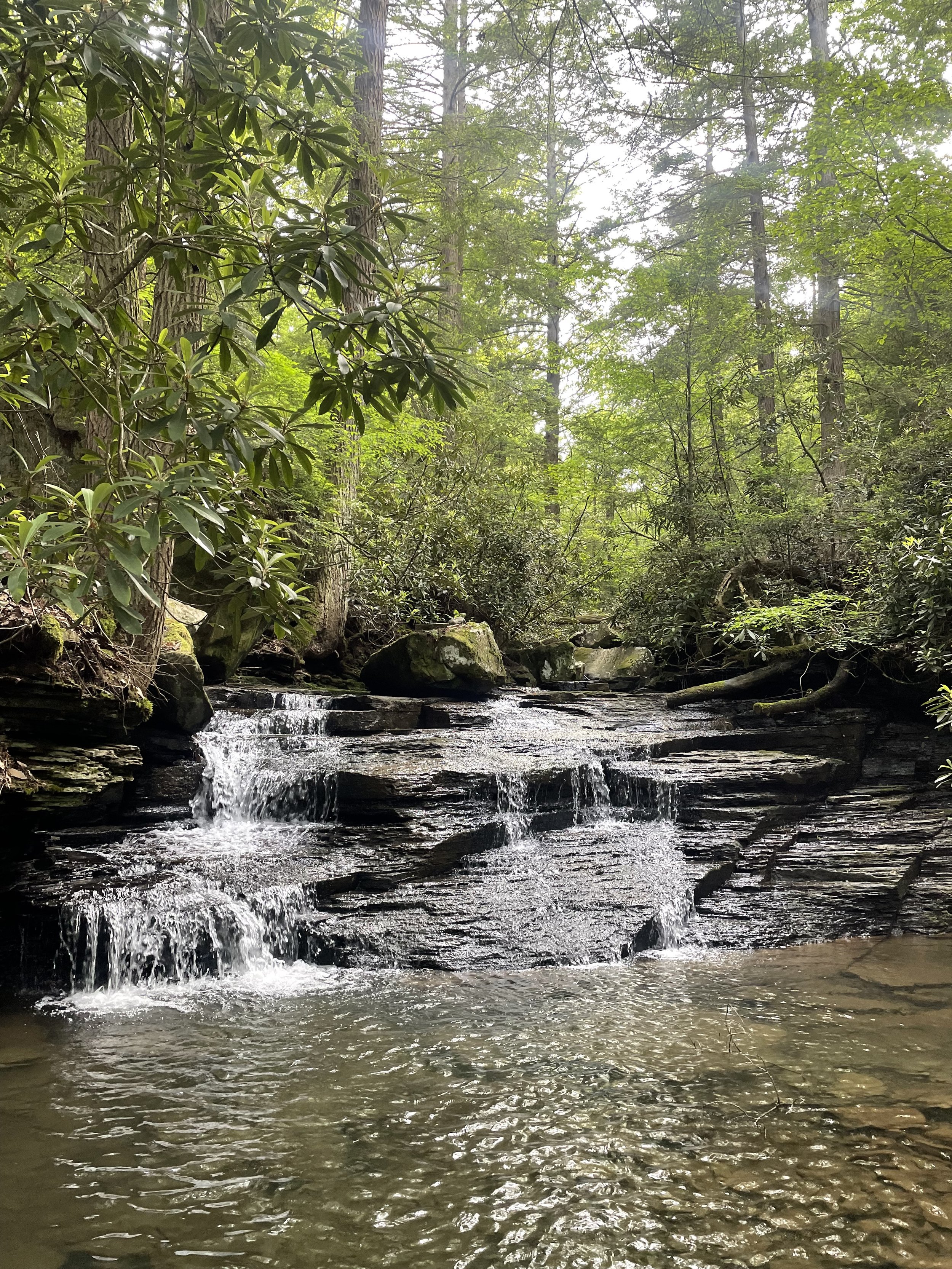Ecotherapy in Morgantown, WV
You’re ready to move from distraction and materialism to finding joy and connection in the forgotten world around you.
Ecotherapy
We begin by acknowledging for ourselves and our Morgantown community that we are on the traditional territory of native peoples, including, over time, the Shawnee, Lenape (Delaware), the Seneca of the Haudenosaunee (Iroquois) Confederacy, and others. We acknowledge these people, their traditions, and our shared history as we work together: respecting the contributions of all; responding to each other with civility, kindness, and gratitude for our community’s rich diversity; and striving to treat the environment with care.
You have a sense that something isn’t right, but you can’t quite name it. You feel disconnected from others, from the natural world, and are frustrated by the near universal compulsion to consume material goods that you don’t really need. You’re exhausted by materialism, the sensationalism of the media and the loneliness of connection in American society. You tire of hustle culture and the societal narrative that your worth lies in how much you produce. You grieve the toll that the taker and extraction culture has inflicted. You long to feel empowered and for new narratives moving forward.
You are not alone. Others like you have sought and found ways to reconnect, and in doing so have developed techniques that fall under the umbrella of Ecotherapy practices fundamentally driven by the call to connect to self, others, and the natural world. Ecotherapy practices range from nature based mindfulness practices, to practices geared to alleviate the existential dread about our natural environment through hopeful activism that strengthens our connection to nature and each other.
Ecotherapy in West Virginia: An Ideal Setting
Our “wild and wonderful” home of West Virginia is an ideal location to practice Ecotherapy in concert with a trained guide. Land-based options in Morgantown alone include rail trails, and city and county parks. Just outside of Morgantown, awe inspiring landscapes beckon as refuges from the greed and bustle of urban living and its material stronghold. Ecotherapy is a bridge to understanding what it means to be human in the greater interconnected web of life. With a Clinical Ecotherapist and nature as co-therapist, you can experience the awe, wonder and reciprocal healing benefits of living in connection with the natural world.
Our Morgantown therapists are trained in Clinical Ecotherapy.
At Mind Body Wellness, you’ll work with clinicians with advanced training in Clinical Ecotherapy practices and a Climate Aware Therapist who recognizes the climate crisis as a global threat, as well as a deeply personal threat to individual and collective mental health. Both group and individual in-person sessions are available, as well as telehealth options. Consultations and speaker requests are available for non-profits and corporate groups. Reach out today to get started.
Ecotherapy Q & A
Q. How does Ecotherapy differ from walk and talk therapy?"
A. Walk and talk therapy, while occurring outside is not ecotherapy.
Many practices are incorporating the benefits of conducting therapy in an outdoor setting. Ecotherapy is a unique practice in that ecotherapists are trained practitioners who specialize in working with both individuals and groups. Ecotherapists use a range of practices from nature based mindfulness practices, to practices geared to alleviate the existential dread about our natural environment through hopeful activism that strengthens our connection to nature and each other.
Climate Anxiety
You’ve been told to cut down on your carbon footprint to save the planet. You have limited your time in the car and are drinking out of reusable bottles. You’re an advocate for recycling, ride your bike to work and shop at the thrift store when you can instead of turning to fast fashion. You’re doing your part to the best of your ability. Yet, the worries about the climate crisis and the state of our plant continue to loom in the back of your mind. At the same time, others do not seem to notice or care. They have become so disconnected from nature that they do not notice that the seasons are becoming longer, shorter, or are seemingly disappearing altogether. You ask yourself, “Do my efforts really make a difference when corporations continue to deny this happening and continue to pollute the earth? Will my children have a healthy world to raise their children in? Do I need to migrate to a new area?”
Climate change anxiety is becoming a bigger reality.
Climate anxiety is becoming more intense for many people. We are in a climate crisis. What was once seen as something occurring as existential and intangible has arrived on our doorstep. Extreme weather events that seemed far from home have become a national and global humanitarian crisis as more disadvantaged and marginalized populations are forced to migrate from climate sacrifice zones. Almost yearly now, we watch as devastation hits our neighbors, the rest of the U.S. and the world with drought, floods and hurricanes, fires, and extreme temperatures. The depth of the issue is so large and complex that the mental health impacts are just beginning to be studied. What is known, however, is that the climate crisis is felt by all, both directly and indirectly. This anxiety is not a mental illness. It is a normal reaction to a threat to our home.
Direct impacts of climate crisis:
The rise in temperatures correlates directly to an increase in anger and violence.
Increased likelihood of experiencing an extreme weather event, such as a wildfire, hurricane, or flood.
These experiences can lead to PTSD, depression, anxiety, substance use, or suicide.
Repeated exposure to extreme weather events increases the chances of experiencing severe mental health difficulties.
Indirect impacts of climate crisis:
Anxieties related to effects of climate crisis that not associated with an acute weather event.
These anxieties can include fears about sea-level rise, drought, increased temperatures, extreme storms, flooding and increased water and air pollution.
Youth are particularly at risk as they are surrounded by a 24/7 news stream and have been their whole lives and will likely deal with the worst effects of the climate crisis as adults.
You are not alone and we cannot heal from a collective crisis individually. Many people share your anxieties including us. Our trained Climate Aware therapists / Ecotherapists are here to help you reconnect with the world around you with a sense of agency. We validate, honor and share your grief. We are here together to navigate a new way forward in our new reality. This world needs you, today and in the future. Let us help you get back in sync with it once more.
Get started with climate anxiety help and ecotherapy in Morgantown, WV.
Also available online in Fairmont, Clarksburg, Bridgeport, Kingwood, and across West Virginia.
